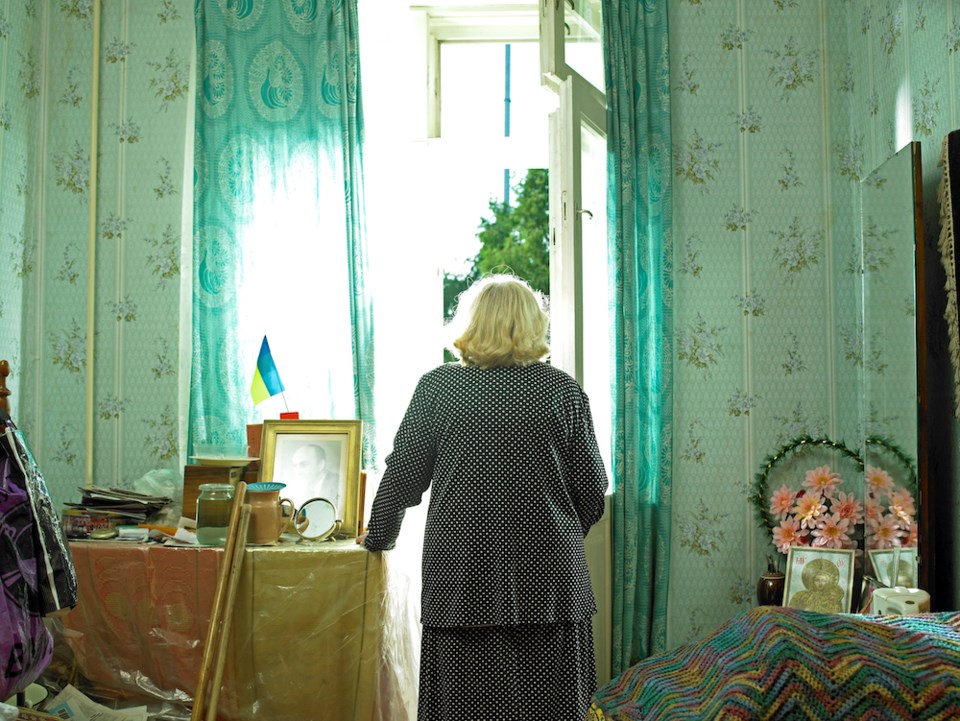An advocate for Tri-Cities seniors is recommending awareness around the "complex problem" of hoarding.
Also known as clutter behaviour, hoarding affects one in 20 people.
An online presentation offered by the BC Community Response Network (BCCRN) is shedding light on the complications of hoarding, which can affect seniors.
Ken Kuhn, executive director of the Tri-Cities Seniors' Action Society and a BCCRN regional mentor for Fraser Valley West, is urging local seniors and their families to view the presentation.
"Hoarding and clutter behaviour are important topics for all concerned citizens to be made aware of," stated Kuhn in an email, adding:
"The problem exists in many homes and communities and puts all people at risk if it is not addressed in a timely manner."
Kuhn stated that seniors are more at risk of exhibiting these behaviours due to their various life circumstances and the accumulation of their valuable items over their lifetime.
Hoarding a mental health condition
The hoarding information presentation will take place online on Thursday (March 30) from 1 to 2:30 p.m.
Participants are encouraged to register on Eventbrite.
The presenter is Cari Taylor, the regional mentor for BCCRN South Vancouver Island region, who has done research on the topic.
Hoarding disorder is a mental health condition in which a person has a a strong need to save a large number of items and experiences distress when trying to get rid of them.
Hoarding disorder is treatable with cognitive behavioural therapy.
According to Anxiety Canada, hoarding disorder can cause the following personal challenges:
- Impaired physical health
- Missed school or work, and compromised academic potential
- Social isolation
- Emotional distress
- Family stress and impaired parent-child relationship



